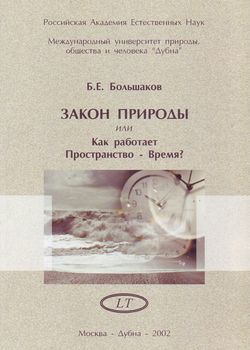Uzakova Salima Andromasovna, research teaching fellow, Kazakhstan University of Innovation and Telecommunication system
Kamieva Almagul Akbulatovna, PhD, Associate Professor, Kazakhstan University of Innovative and Telecommunication Systems
Kaliyeva Zhadyra Abzhamiyevna, research teaching, master, M. Utemisov West Kazakhstan University
Abstract
The objective of this paper is the construction analysis of family values. The analysis is mainly based on the comparative grid of Russia-Kazakhstan. The main goal of this study is to understand the social values and the distances of educators and social work experts with respect to interethnic, interfaith, and same-sex family forms. In addition, this paper presents the differences in the subcultures between different countries based on family values and social distances. The paper aims to address some key concerns in the transition of family values from Soviet to post-Soviet time including the extent of embedment of the modern social work with its system of professional values in the logic of Western modernist culture, the impact of fundamentalism on the formation of professional valuable settings, and the values and the social distances of experts of the system of social work towards the abovementioned no typical family forms. The studies are carried out based on interviewing the social experts in Kazakhstan and Russia and the data are gathered based on the opinions of these experts on the non-conventional forms of families and family values before and after the Soviet Union. The article is published in English.
KEYWORDS: the dynamics of family values, social distance, interethnic and interfaith marriages, post-Soviet time.
Download article CONSTRUCTION OF FAMILY VALUES IN THE POST-SOVIET SPACE: ANALYSIS OF THE VIEWS OF EXPERTS ON THE FAMILY SPHERE![]()

 ПОСЛЕДНИЕ ЭКЗЕМПЛЯРЫ ТИРАЖА
ПОСЛЕДНИЕ ЭКЗЕМПЛЯРЫ ТИРАЖА


